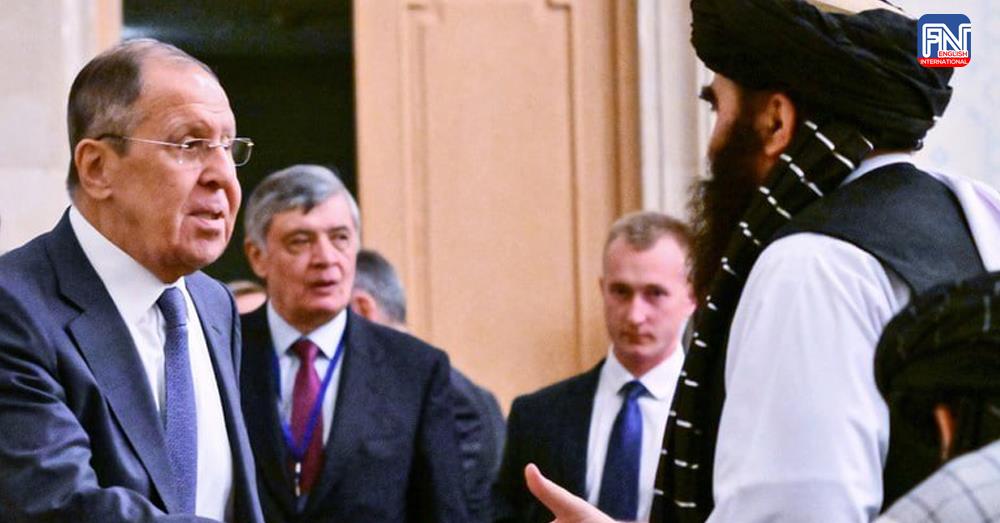MOSCOW, Oct. 4 (RT) - Moscow will remove the Taliban from the list of terrorist organizations, Zamir Kabulov, Russia’s presidential envoy to Afghanistan, told journalists on Friday. The change was also confirmed by Aleksandr Bortnikov, the head of the Federal Security Service (FSB), which is responsible for combating terrorist threats.
Moscow was among the first nations to establish contacts with the Taliban government after it seized power in Afghanistan in 2021. Russia has not formally recognized the group as the governing force in the country, however.
The group took power in Kabul during the last stage of the hectic withdrawal of US troops, which ended the 20-year Western occupation of Afghanistan. The Washington-backed government of President Ashraf Ghani fled the country, as did many citizens who helped the Americans.
In May, Kabulov described the Taliban as “definitely not our enemies.” Speaking to reporters on Friday, the senior diplomat stated that the Russian Foreign Ministry and the FSB are working with other government agencies to formalize the Taliban’s removal from the national terrorist list. “A fundamental decision on this issue has already been made by the Russian leadership,” he said, adding that all legal procedures need to be allowed. It would require “scrupulous work by the lawyers, the parliament and other state agencies,” Kabulov said. The diplomat expressed his hope that “the final decision will be announced in the nearest future.”
The FSB chief said on Friday that Moscow was finalizing the removal of the Taliban from the blacklist. According to Bortnikov, the move would pave a way for “pragmatic cooperation” with the group, including the fight against organized crime and ISIS-K, a regional offshoot of the Islamic State jihadi movement.
ISIS-K claimed responsibility for several attacks on Russian soil this year, including the storming of the music venue outside Moscow in March, which left 145 people dead.
Russia blacklisted the Taliban in 2003. The authorities said at the time that the group was linked with the Islamist insurgency in the Northern Caucasus and was responsible for the hijacking of a Russian civilian aircraft in 1995.
Moscow’s attitude towards the group began to change after the insurgents were largely defeated at home. The shift was further bolstered by the rise of ISIS in the mid-2010s. President Vladimir Putin acknowledged in July that the Taliban was de facto controlling Afghanistan. “In this sense, the Talibs are our allies in the fight against terrorism,” Putin said, adding that Moscow received “certain signal” that the group was ready for cooperation.
Foreign Minister Sergey Lavrov said in June that Russia would not recognize the Taliban government until it fulfills several conditions, such as the commitment to fighting drug trade and terrorism, and “the respect for basic rights of all nations of Afghanistan.”

Photo from Sputnik




